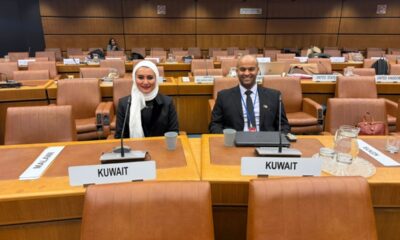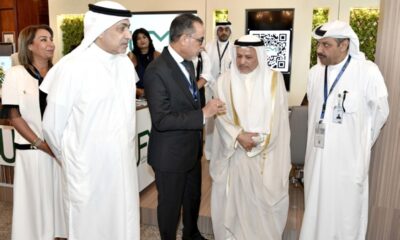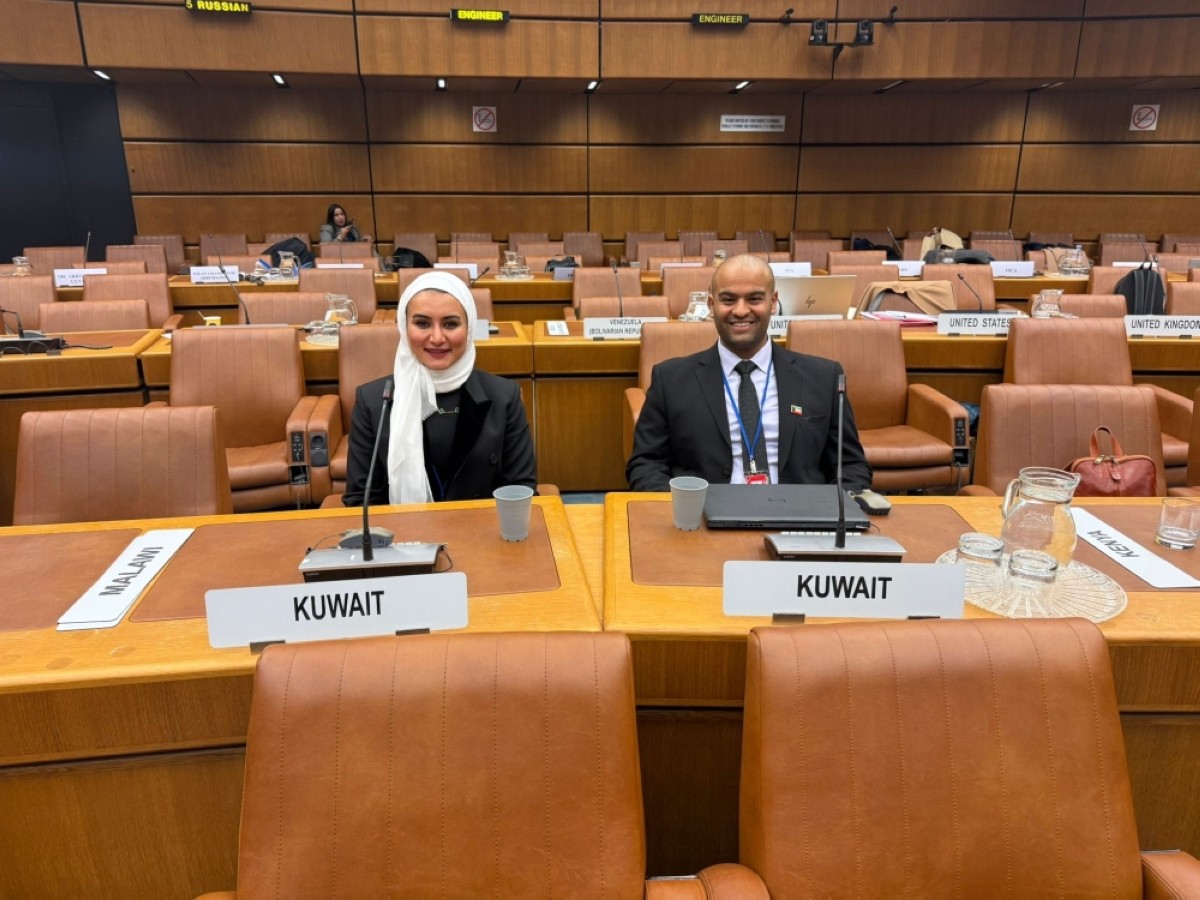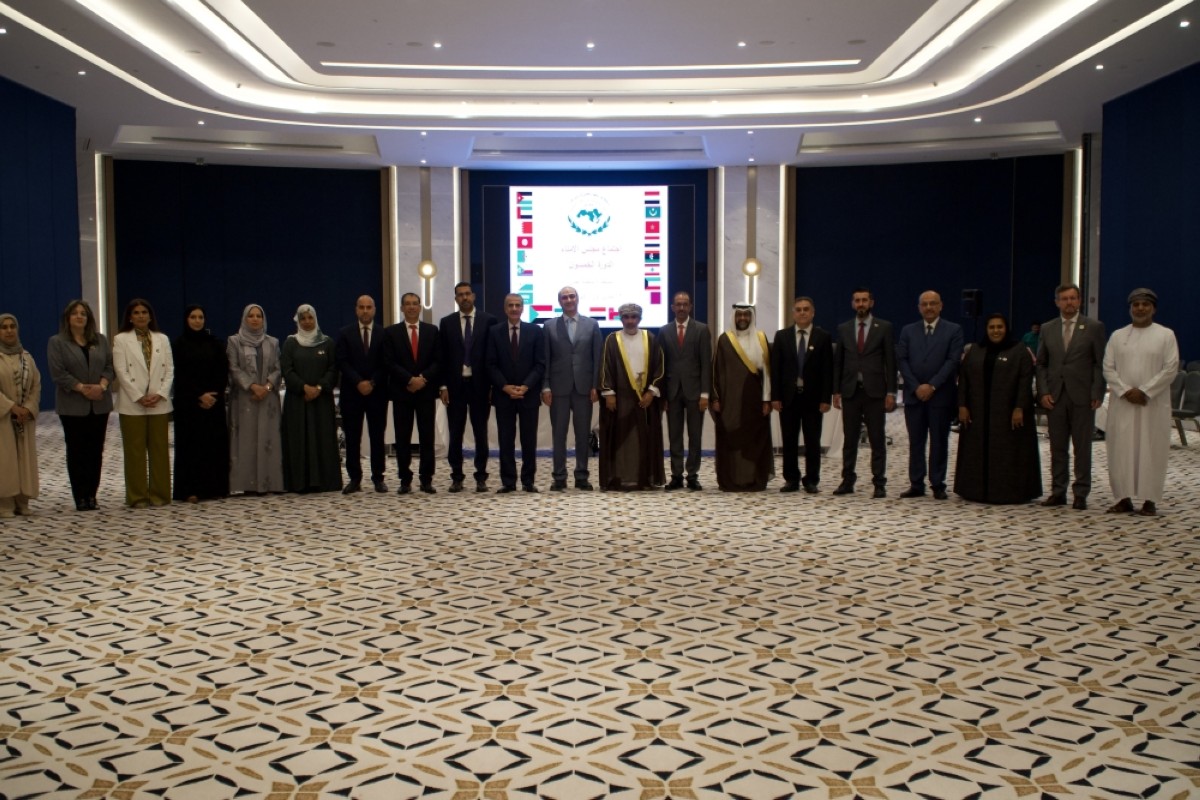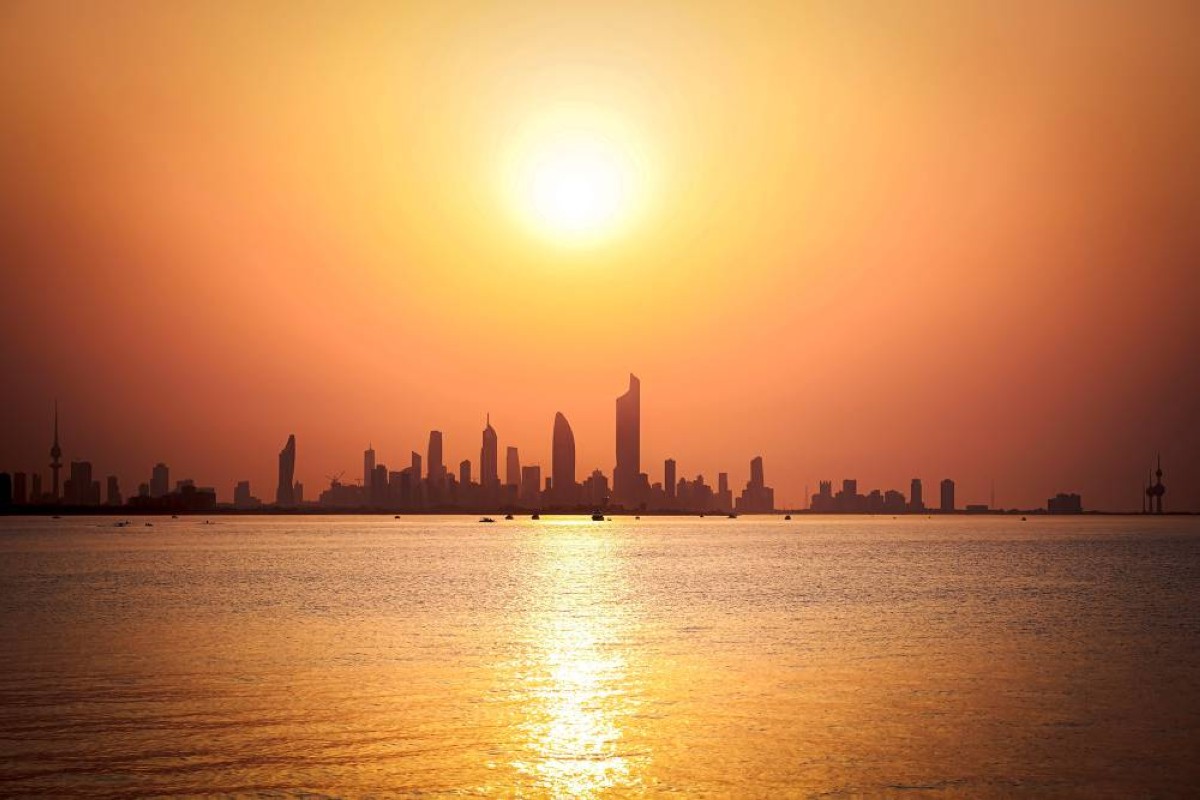Latest News
GCC security a ‘red line’, Kuwait warns at UN session
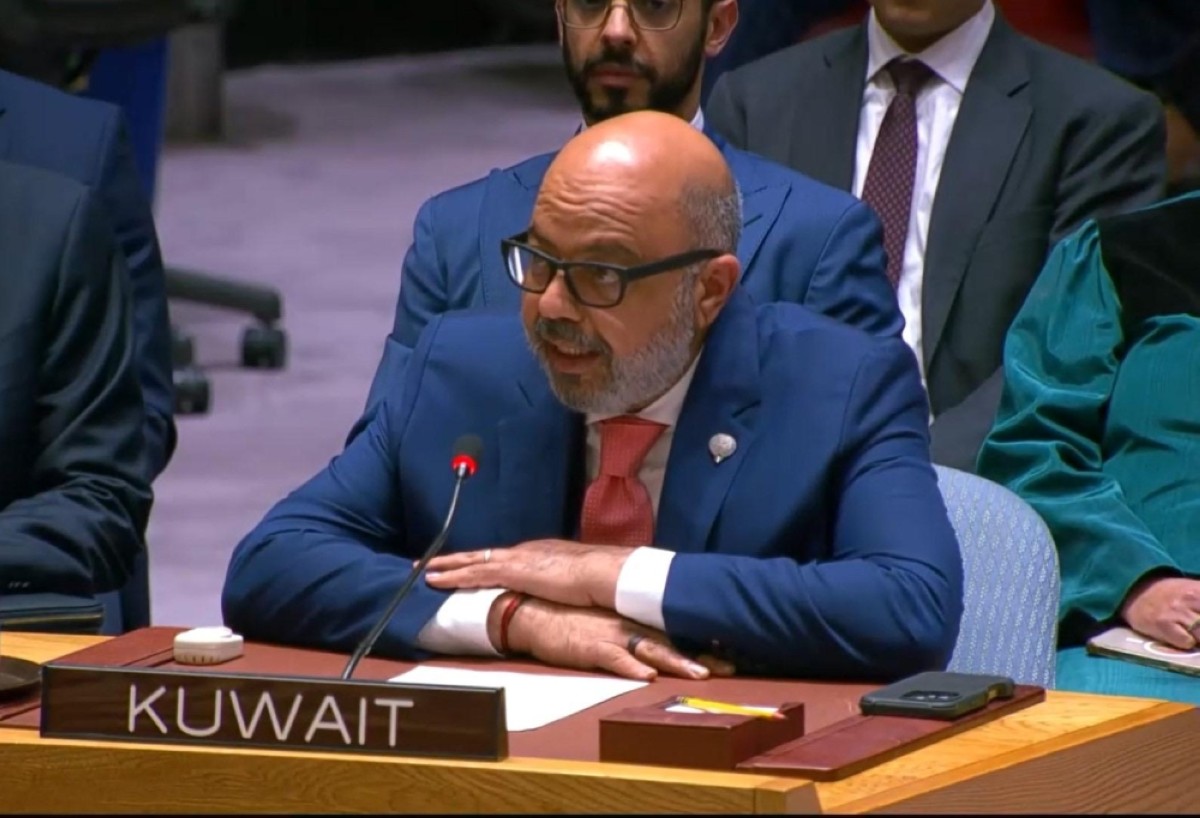
Latest News
Kuwait participates in UNCITRAL session
Latest News
Kuwait underscores the need for stronger Arab cooperation in statistics
Latest News
Today in Kuwait’s history | Kuwait Times Newspaper
-

 Politics21 hours ago
Politics21 hours agoVideo of Sleeping Expat Employee Sparks Termination and Police Complaint
-
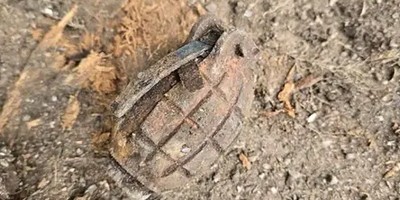
 Politics23 hours ago
Politics23 hours agoHand Grenade from the Invasion Era Found in Kuwait Desert
-
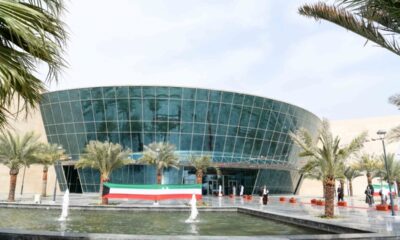
 Latest News23 hours ago
Latest News23 hours agoEU to roll out new biometric entry-exit system in 2026
-
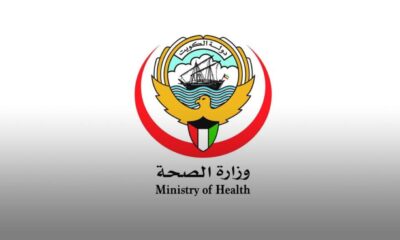
 Latest News22 hours ago
Latest News22 hours agoHealth Ministry issues new regulations for private pharmacies
-

 Politics11 hours ago
Politics11 hours ago61 fire safety violations found in Kuwait’s Mubarakiya Market inspection
-

 Latest News10 hours ago
Latest News10 hours agoToday in Kuwait’s history | Kuwait Times Newspaper
-
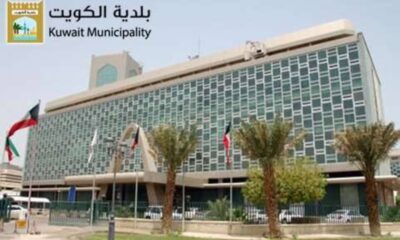
 Latest News21 hours ago
Latest News21 hours agoMunicipality launches app to streamline services and address public complaints
-

 Latest News18 hours ago
Latest News18 hours agoGraduation ceremony marks the completion of ‘Tamooh’ program

